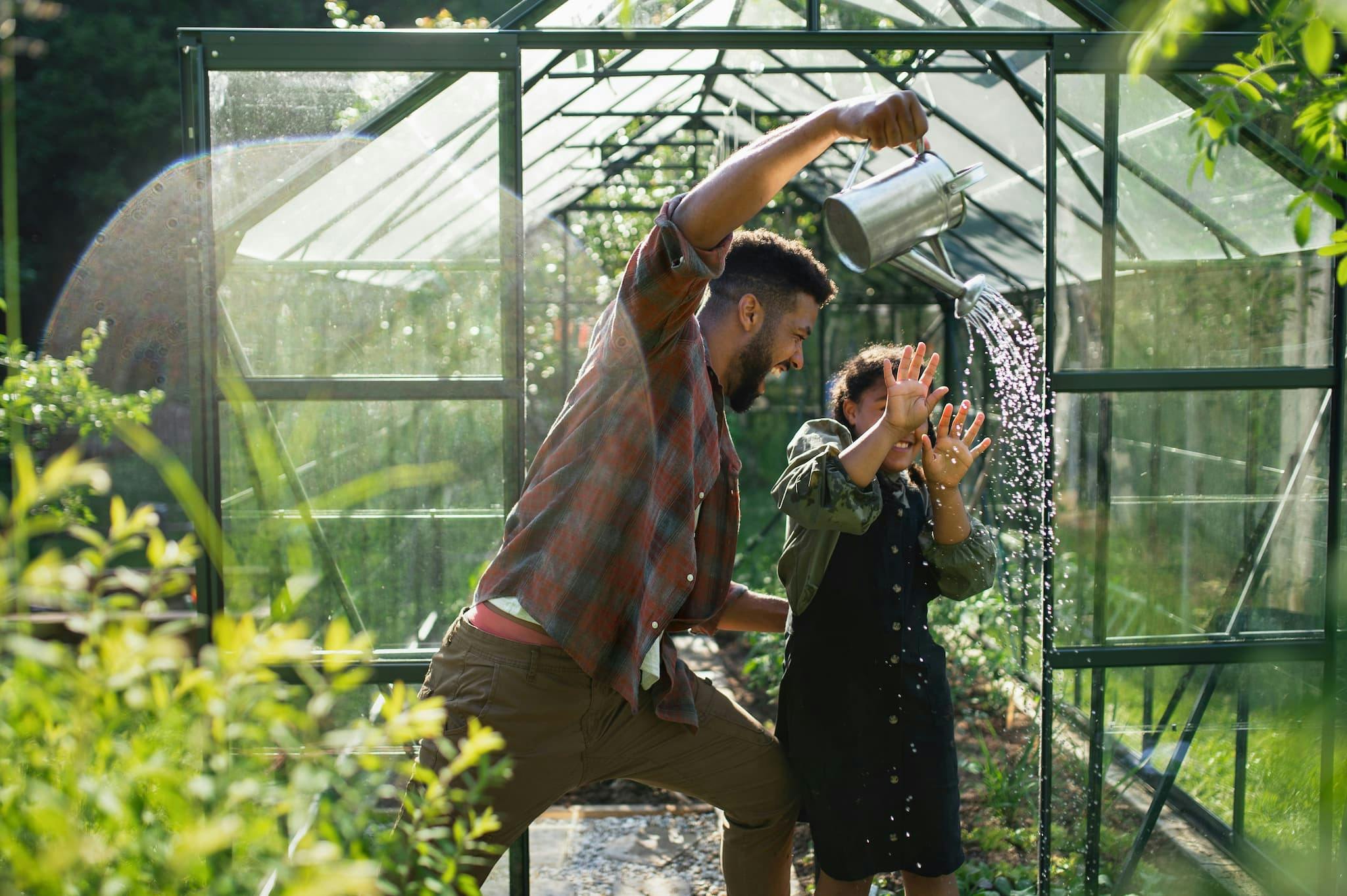When NPR journalist Michaeleen Doucleff published "Hunt, Gather, Parent," it sparked a revelation for many American parents. The book details how traditional cultures around the world raise remarkably self-sufficient, cooperative children without the constant hovering that characterizes modern Western parenting.
One of the most striking observations? Children in Maya, Inuit, and Hadzabe communities enjoy significantly more freedom and autonomy than their American counterparts – often roaming freely from very young ages. Yet paradoxically, these children develop greater responsibility, confidence, and community awareness.
This raises a crucial question for modern parents: How can we apply these time-tested wisdom traditions while addressing legitimate safety concerns in today's world?
The Autonomy Paradox
Doucleff highlights what anthropologists have observed across traditional cultures: children thrive when given real responsibility and appropriate independence. As she writes, "Children are naturally motivated to contribute to the community and develop skills they see valued by adults."[¹]
Yet modern American parents face a very different landscape:
- Neighborhoods with less community oversight
- Greater physical distances between destinations
- More limited multi-generational support systems
- Heightened awareness of safety risks (whether actual or perceived)
This creates what developmental psychologists call the "autonomy paradox" – we know children need independence to develop crucial life skills, but contemporary circumstances make this increasingly difficult to provide safely.
ALETA: The Traditional Parenting Approach
One of the most powerful frameworks Doucleff introduces is the ALETA approach observed across traditional cultures. This acronym stands for:
- Autonomy
- Little-to-no interference
- Encouragement instead of praise
- Team (community-oriented)
- Attention to adults, not children as the center
The "autonomy" and "little-to-no interference" principles particularly challenge modern Western parenting assumptions. As Doucleff observed, "In these communities, parents don't constantly hover or monitor their children. Instead, they set broad boundaries and trust children to navigate within them."[²]
How Littlebird Bridges Traditional Wisdom and Modern Reality
At Littlebird, we've created technology specifically designed to support the autonomy principles Doucleff documents while addressing the realities of contemporary life:
1. Supporting Autonomy with Appropriate Boundaries
Traditional cultures don't eliminate boundaries – they create appropriate ones that expand as children demonstrate responsibility.
Littlebird's Precision+ technology enables this same approach by:
- Providing clear Precision+ defined safe areas
- Allowing parents to gradually expand these boundaries as children grow
- Supporting independent exploration within age-appropriate limits
As anthropologist David Lancy notes, "Traditional cultures have always had boundaries for children – often geographical ones defined by natural features or community spaces. The difference is that within those boundaries, children experience genuine autonomy."[³]
2. Enabling the "Little-to-No Interference" Principle
One of Doucleff's most powerful observations is how rarely parents in traditional cultures intervene in children's activities unless truly necessary.
Littlebird's screenless design supports this non-interference by:
- Providing location awareness without hovering or constant checking
- Alerting parents only when boundaries are crossed
- Eliminating unnecessary digital distractions or interruptions
Note: For optimal alert performance with Littlebird, ensure your smartphone has notifications enabled and both Bluetooth and cellular connectivity active to receive timely updates.
The result is what developmental psychologist Peter Gray calls "the gift of adult absence" – the space for children to develop problem-solving skills and independence.[⁴]
3. Supporting "Team" and Community Connection
Traditional cultures rely on community awareness – multiple adults keeping an informal eye on children as they roam.
While our neighborhoods may lack this natural surveillance, Littlebird creates a modern equivalent by:
- Allowing multiple trusted adults to connect to a child's device
- Enabling shared awareness among caregivers, grandparents, or neighbors
- Creating a safety network that resembles traditional community oversight
Modern Parents Looking to Implement Traditional Wisdom
Parents interested in Littlebird see it as a tool to help them apply the principles Doucleff documents:
One mom said, "Reading 'Hunt, Gather, Parent' was eye-opening, but I struggle with how to apply it in our suburban neighborhood where kids don't just roam freely anymore. Littlebird could be our bridge solution."
Another parent shared: "The most powerful shift would be in my own behavior. Instead of texting my son constantly when he's out with friends, I could just check his location if I'm concerned. This would dramatically reduce my interruptions in his life, which is exactly what Doucleff recommends."
The Best of Both Worlds
The wisdom Doucleff documents in "Hunt, Gather, Parent" isn't about rejecting modern advantages – it's about reclaiming timeless parenting approaches that develop capable, confident children.
As she writes, "The goal isn't to parent exactly like these traditional cultures, but to learn from their time-tested wisdom and adapt it thoughtfully to our modern context."[⁵]
This is precisely what Littlebird enables: a thoughtful bridge between traditional childhood freedom and contemporary safety needs. By providing location awareness without hovering, Littlebird helps parents navigate the autonomy paradox and raise children with the independence they need to thrive.
Because the goal isn't returning to the past. It's simply combining ancient wisdom with modern tools to create the most supportive environment for children to develop the confidence, responsibility, and self-reliance they'll need for the future.
References:
- Doucleff, M. (2021). "Hunt, Gather, Parent: What Ancient Cultures Can Teach Us About the Lost Art of Raising Happy, Helpful Little Humans." Simon & Schuster, p. 43.
- Doucleff, M. (2021). "Hunt, Gather, Parent," p. 87.
- Lancy, D. (2016). "The Anthropology of Childhood: Cherubs, Chattel, Changelings." Cambridge University Press.
- Gray, P. (2013). "Free to Learn: Why Unleashing the Instinct to Play Will Make Our Children Happier, More Self-Reliant, and Better Students for Life." Basic Books.
- Doucleff, M. (2021). "Hunt, Gather, Parent," p. 246.


